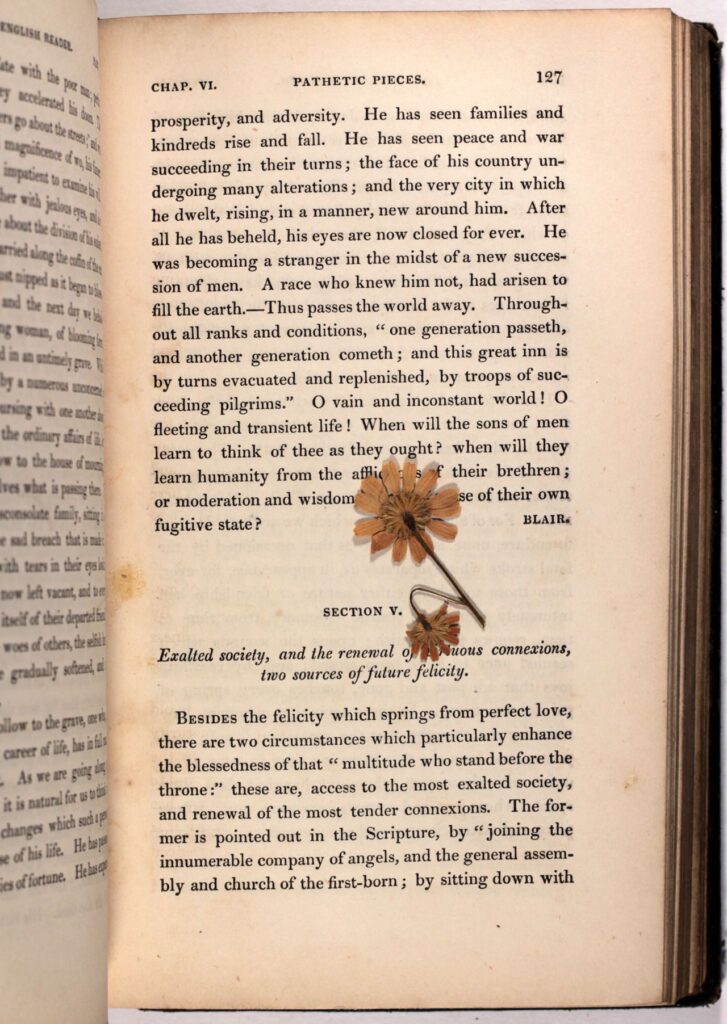Spiritual Sunday
For today’s poem I share Jane Kenyon’s “Briefly It Enters, and Briefly Speaks.” In the poem, she alludes to Julian of Norwich’s revelations, which sent me back to the medieval mystic’s Revelations of Divine Love.
In 1373 Julian, who appeared to be on her deathbed (she had already received extreme unction) had a series of 15 revelations (or shewings) of Jesus and a 16th on the following night. She spent the rest of her life exploring those revelations. Here’s a sampling:
And in the same Shewing suddenly the Trinity fulfilled my heart most of joy. And so I understood it shall be in heaven without end to all that shall come there. For the Trinity is God: God is the Trinity; the Trinity is our Maker and Keeper, the Trinity is our everlasting love and everlasting joy and bliss, by our Lord Jesus Christ. And this was shewed in the First [Shewing] and in all: for where Jesus appeareth, the blessed Trinity is understood, as to my sight.
In her poem, Kenyon appears to capture moments, brief but intense, that speak to her of spirit. Each has its own resonance and each will hit you differently. The love, however, is always there.
It will overwhelm you when you think to call its name.
Briefly It Enters, and Briefly Speaks
By Jane Kenyon
I am the blossom pressed in a book,
found again after two hundred years. . . .
I am the maker, the lover, and the keeper….
When the young girl who starves
sits down to a table
she will sit beside me. . . .
I am food on the prisoner’s plate. . . .
I am water rushing to the wellhead,
filling the pitcher until it spills. . . .
I am the patient gardener
of the dry and weedy garden. . . .
I am the stone step,
the latch, and the working hinge. . . .
I am the heart contracted by joy. . . .
the longest hair, white
before the rest. . . .
I am there in the basket of fruit
presented to the widow. . . .
I am the musk rose opening
unattended, the fern on the boggy summit. . . .
I am the one whose love
overcomes you, already with you
when you think to call my name. . . .
Further thought: I can’t believe that I didn’t mention Julian’s hazelnut, which is the real inspiration for this poem. All the items that Kenyon mentions in her poem are her versions of that hazelnut. Here’s the passage:
And in this he showed me a little thing, the quantity of a hazelnut, lying in the palm of my hand, as it seemed. And it was as round as any ball. I looked upon it with the eye of my understanding, and thought, ‘What may this be?’ And it was answered generally thus, ‘It is all that is made.’ I marveled how it might last, for I thought it might suddenly have fallen to nothing for littleness. And I was answered in my understanding: It lasts and ever shall, for God loves it. And so have all things their beginning by the love of God.
In this little thing I saw three properties. The first is that God made it. The second that God loves it. And the third, that God keeps it.”
